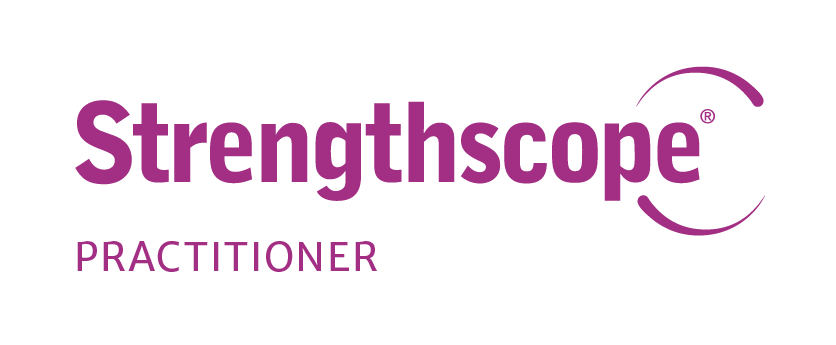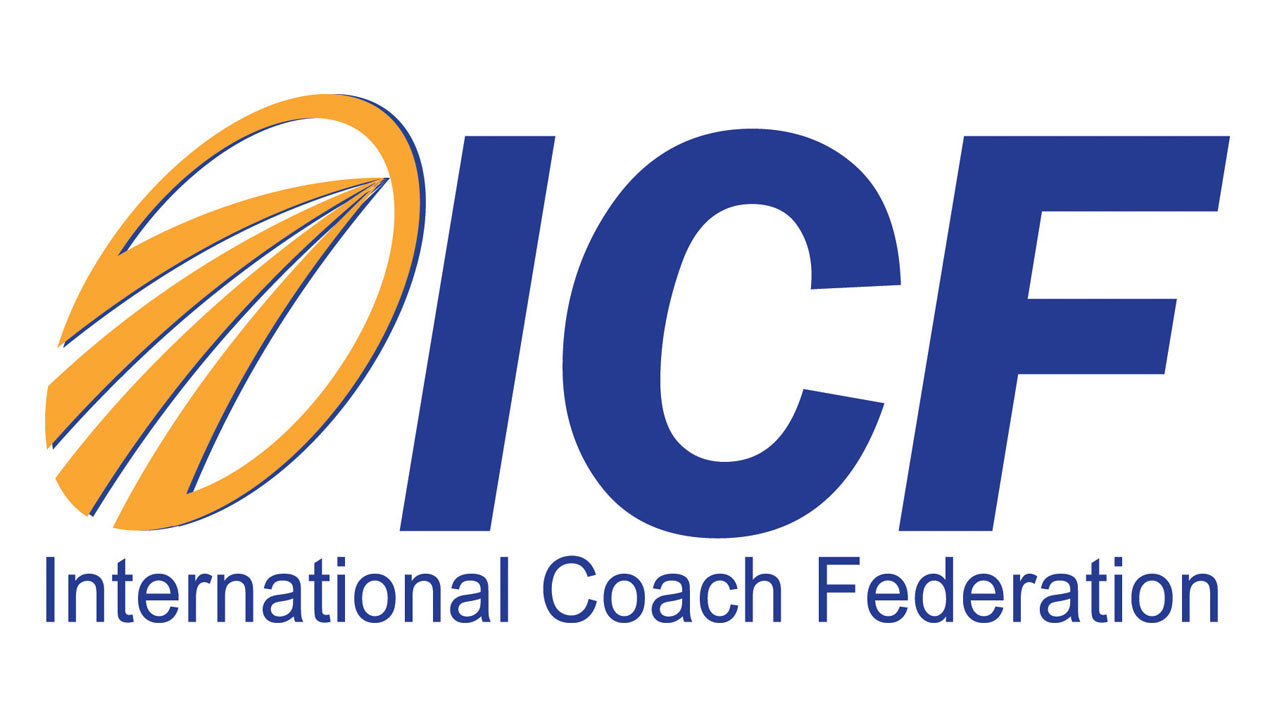Workplace Mediation
Is there a dispute developing at your workplace that threatens to get out of hand? Have you got team members who just don’t seem to be able to get along. Are you expecting a grievance to be submitted at any moment from one employee disgruntled about the behaviour of a colleague?
At Elite Coaching we have qualified and experienced mediators who are ready to engage with both sides in disputes at work to try to find a workable and satisfactory solution without resorting to formal action.
Case studies
Many organisations have come to the conclusion that, in a growing number of instances, formal disciplinary and grievance procedures are blunt instruments to use in trying to improve performance and relationships at work, and that some form of mediation may often be a more constructive approach. You may have come to the same conclusion, but you may not have trained mediators in your organisation to assist you in resolving internal disputes. Or you may see the benefit of engaging an external independent mediator to undertake the work. Elite Coaching has formally trained and experienced mediators available to help you find a better way of resolving workplace disputes.
-
Charity
-
Health
-
Education
-
Hospitality
-
Regulator







